Best movies like The Dream of Butterfly
A unique, carefully handpicked, selection of the best movies like The Dream of Butterfly Starring Maria Cebotari, Fosco Giachetti, Lucie Englisch, Paul Kemp, and more. If you liked The Dream of Butterfly then you may also like: The Virtuous Bigamist, Wife for a Night, The Naked Truth, Taxi di notte, Meeting Venus and many more popular movies featured on this list. You can further filter the list even more or get a random selection from the list of similar movies, to make your selection even easier.
Italian filmmaker Carmine Gallone was still in his "operetta" mode when he helmed 1938's Il Sogno di Butterfly (Dream of the Butterfly) Maria Cebotari plays opera diva Rosa Belloni, currently starring in a production of Puccini's Madama Butterfly. The plot thickens when Rosa's backstage life begins to mirror the travails of the character she is portraying. The climax comes when Harry Peters (Fosco Giachetti), the American father of Rosa's illegitimate child, returns after four years with his new wife in tow, leading inexorably to a doleful ending both on- and offstage. Critics complained about the substandard photography in Il Sogno di Butterfly, but this might have been due to poor laboratory work.
The Dream of Butterfly
You may filter the list of movies on this page for a more refined, personalized selection of movies.
Still not sure what to watch click the recommend buttun below to get a movie recommendation selected from all the movies on this list
Wife for a Night
A poor musician hires a courtesan to pose as his wife so he can "give" her to a wealthy count in return for patronage.
The Naked Truth
The painter Pierre Bernier becomes famous thanks to the portrait "The Naked Woman" which represents his model, the seductive Lolette. The very evening of his triumph at the Salon des Expositions, he decides to marry her. But, having become rich and famous, he soon falls in love with the Princess of Chaban and abandons the woman to whom he owes his success.
Taxi di notte
A taxi driver, with singing ambitions, finds an abandoned baby in his cab and begins to look for his mother. He doesn't find her but succeeds in finding two people who want to adopt the child.
Meeting Venus
Celebrated Swedish opera star Karin Anderson is slated to appear in an internationally-telecast production of Tannhauser. Ms. Anderson balks at the notion of working with obscure Hungarian conductor Zoltan Szanto. The much-anticipated production may never get off the ground, thanks to labor-management difficulties, intramural jealousies, and clashing egos. Amidst all this chaos, the mismatched Anderson and Szanto fall in love.
Madame Butterfly
Pinkerton marries Cho-Cho San in Japan, whilst on shore leave. When he leaves, she keeps his Japanese home as he left it. He returns three years later, having married again in America, and tells Cho-Cho that their affair is over. She has had a child in his absence, who is sent to her family, before she kills herself.
Living in Oblivion
Nick is the director of a low-budget indie film. He tries to keep everything together as his production is plagued with an insecure actress, a megalomaniac star, a pretentious, beret-wearing director of photography, and lousy catering.
The Sinner
Seduced and abandonned by her fiance, Maria Ferrante leaves home to avoid any scandal. She is trying to find work and place to stay but one misfortune after another comes into her life Venice Film Festival 1940
Exit Smiling
The travails of a third-rate traveling theatre company and its wardrobe lady / maid who dreams of stepping in as their melodramatic production's (Flaming Women) female lead.
The Climax
Dr. Hohner, theatre physician at the Vienna Royal Theatre, murders his mistress, the star soprano when his jealousy drives him to the point of mad obsession. Ten years later, another young singer reminds Hohner of the late diva and his old mania kicks in. Hohner wants to prevent her from singing for anyone but him, even if it means silencing her forever.
Sweethearts
Bickering husband-and-wife stage stars are manipulated into a break-up for publicity purposes.
House of Ricordi
The film covers a hundred years in the lives of the Ricordi family, the Milan publishing house of the title, and the various composers and other historic personalities, whose careers intersected with the growth of the Ricordi house. It beautifully draws the parallel between the great music of the composers, the historic and social upheavals of their times, as well as the "smaller stories" of the successive generations of Ricordi.
Puccini
Produced in Italy in breathtaking Technicolor, this biographical story of Puccini (played by L'avventura's Gabriele Ferzetti) spans his creative life from early student days to the height of success, including his early flop Madama Butterfly and his incomplete Turandot. Along the way he encounters three women who change his life, including a sexy, beautiful singer (Two for the Road's Nadia Gray) whom he drops for a small town girl (Sirocco's Marta Toren), and a servant girl who commits suicide over him. Well-selected excerpts from Manon, La Boheme, Madama Butterfly and Turandot are featured along with other Puccini music, including the voice of Beniamino Gigli. Sets, costumes and production values are first class, all sumptuously filmed by Claude Renoir.
Casta diva
As soon as he graduated from the Naples Conservatory, Vincenzo Bellini meets Maddalena Fumaroli and immediately falls in love with her.
Casta diva
Martha Eggerth heads the cast of Casta Diva, but the central character is famed Italian composer Vincenzo Bellini, here played by American actor Phillips Holmes. Paying but scant attention the facts, the film concentrates on Bellini's colorful love life. Evidently the film went through several rewriting processes, as witness the curious performances of Donald Calthrop and Arthur Margetson, whose characters do complete about-faces halfway through the story. Amidst so many British accents, Martha Eggerth's Polish intonations seem out of place, but she photographs beautifully and sings quite well. Casta Diva was attractively filmed on location in Naples. Not to be confused with the 1954 remake (by Gallone himself) or to the English language version "The Divine Spark" (also directed by Gallone and starred by Eggerth).
The Life of Giuseppe Verdi
The great Italian opera composer recalls his eventful life on his deathbed: his childhood in Busseto, his studies in Milan, his first opera "Oberto, conte di San Bonifacio", the death of his wife and his children killed by smallpox.
Mademoiselle Nitouche
Celestin works as an organist at a girl's school. By day, Celestin is the meek and mild target of the girls' incessant practical jokes. By night, however, he is the celebrated composer of popular operas -- and the romantic vis-à-vis of a celebrated stage star. When schoolgirl Denise stumbles onto Celestin's secret, she threatens to tell all -- but only if Celestin refuses to escort her to the opening night of his latest opera. As a result, Denise falls in love with a handsome young soldier, while Celestin is accidentally shipped off to an army camp. A series of silly coincidences brings happiness to all concerned by fade-out time.
Scipio Africanus: The Defeat of Hannibal
A story of the Second Punic Wars, beginning with Scipio's futile pleas to the Roman Senate to build an army to battle Hannibal, that climaxes with the battle of Zama.
The Nun of Monza
Virginia de Leyva, daughter of a Spanish Lord, becomes a nun in Monza, in 1600s. She becomes very strict with herself and the students until she's unable to resist a romance with the nobleman Gian Paolo Osio which will lead both to danger.
Love in the Mirror
In 17th century France, a theater troupe is allowed by its patron to go to Paris to produce an erotic play. The head of the troupe dreams of fame while his wife, the leading actress, and a new leading girl fall for each other.
La forza del destino
Film version of the Verdi opera about lovers on the run after the accidental death of the girl's father.
Fatal Desire
In Pietro Mascagni's tragic opera, a soldier returns home from war to reclaim his former fiancée, only to find that she's married someone else in his absence, leading to jealousy, betrayal, and murder.
Rigoletto
This tragic story revolves around the licentious Duke of Mantua, his hunch-backed court jester Rigoletto, and Rigoletto's beautiful daughter Gilda. The opera's original title, La maledizione (The Curse), refers to the curse placed on both the Duke and Rigoletto by a courtier whose daughter had been seduced by the Duke with Rigoletto's encouragement. The curse comes to fruition when Gilda likewise falls in love with the Duke and eventually sacrifices her life to save him from the assassins hired by her father.
Manon Lescaut
"Manon", wrote Puccini to his publisher Giulio Ricordi in 1889, "is a heroine I believe in and therefore she cannot fail to win the heart of the public." This turned out to be a truly prophetic statement since none of Puccinis other world successes were received on their first nights as rapturously as Manon Lescaut. The popularity of Puccinis great masterpiece has never waned and the highly acclaimed Götz Friedrich production at Covent Garden was hailed as an operatic milestone. Two of the worlds leading stars--Kiri Te Kanawa and Placido Domingo--head a strong cast conducted by the brilliant Italian conductor Giuseppe Sinopoli.
Puccini: Tosca
The star singers in this revival of the 2006 production were Angela Gheorghiu, Jonas Kaufmann and Bryn Terfel; the Royal Opera Chorus and the Orchestra of the Royal Opera House were under the baton of Antonio Pappano, the Music Director of the Royal Opera House. The pageantry of church ritual, the darkness of a brooding study with its hidden torture chamber and the false optimism of the light of a Roman dawn - all throw into relief the love of the beautiful diva Tosca, the idealism of her lover Cavaradossi and the deadly, destructive obsession of the malevolent Chief of Police, Scarpia. Drama, passion and fabulous music.
Puccini: Tosca (Arena di Verona)
Puccini’s melodrama about a volatile diva, a sadistic police chief, and an idealistic artist has offended and thrilled audiences for more than a century. Critics, for their part, have often had problems with Tosca’s rather grungy subject matter, the directness and intensity of its score, and the crowd-pleasing dramatic opportunities it provides for its lead roles. But these same aspects have also made Tosca one of a handful of iconic works that seem to represent opera in the public imagination.
Puccini: Madama Butterfly
Cio-Cio-San, the young Japanese bride of dashing American officer Lieutenant Pinkerton, finds her romantic idyll shattered when he deserts her shortly after their marriage. She lives in hope that one day he will return. Three years later, Cio-Cio-San and her little son see Pinkerton’s ship in the harbour. She excitedly expects his visit – but Pinkerton and his American wife Kate have come only to take the boy away, to raise him in America. Cio-Cio-San bids her son farewell and then takes her own life.
Donizetti: Don Pasquale
Determined to wed, a foolhardy old man is tricked by his friends into a sham wedding with an impish widow who turns into a harpy -- which subsequently cures his desire to marry in composer Gaetano Donizetti's famous opera buffa. Baritone Alessandro Corbelli plays the title character in this lush 2002 production also starring soprano Eva Mei and tenor Antonino Siragusa, with maestro Gérard Korsten leading the Chorus and Orchestra of Teatro Lirico.
Odessa in Flames
The occupation of Bessarabia by the Russians in 1940 separates an opera singer from her family, leaving her under Bolshevik rule until Romanian troops enter Odessa.







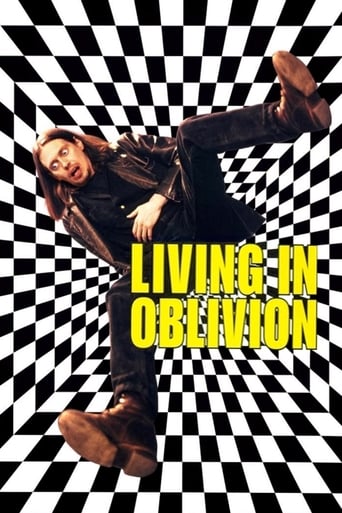



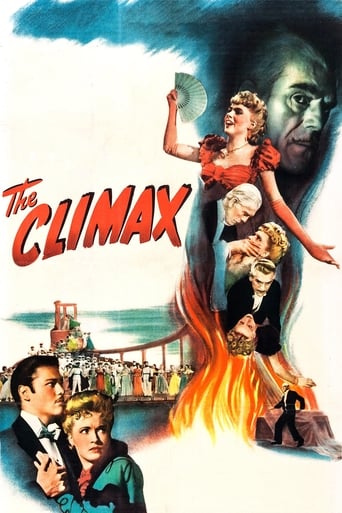

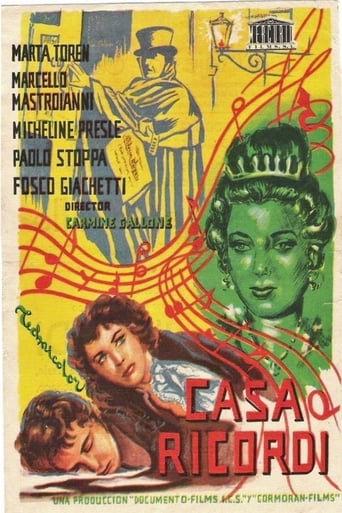





















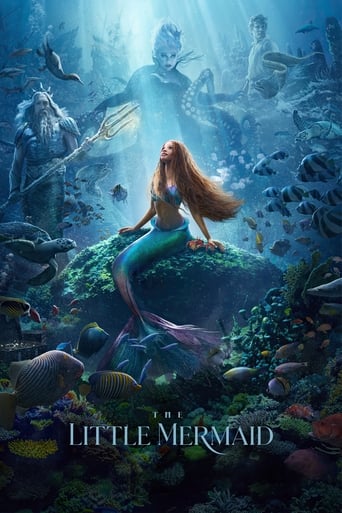
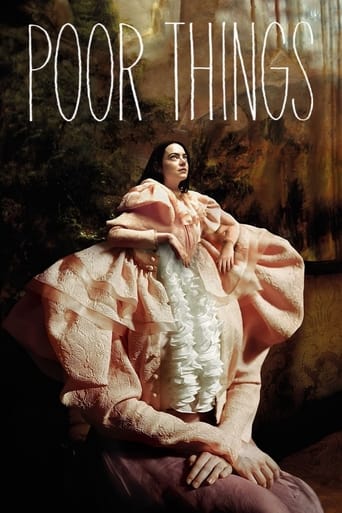


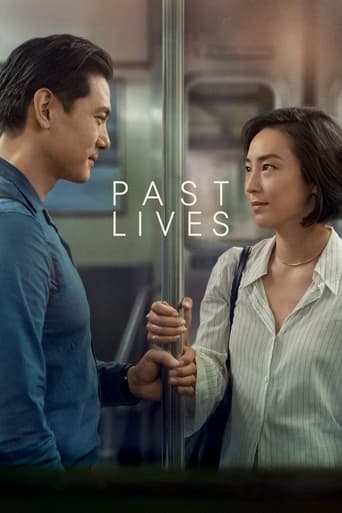
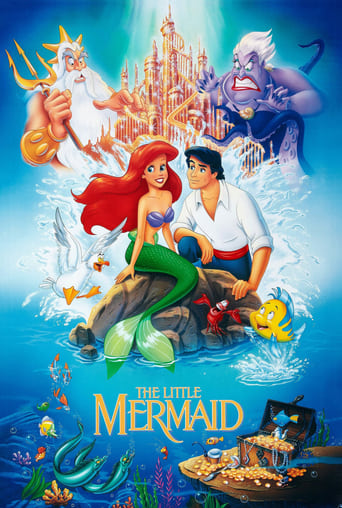

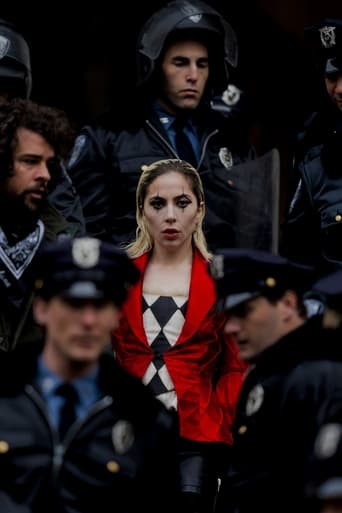
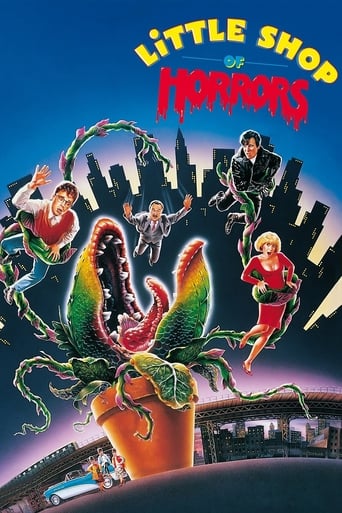
The Virtuous Bigamist
The Provence, somewhere in the 1950's. Paul Verdier, traveling salesman, leaves his home and his quarrelsome wife for his weekly round. On the train he meets a young woman, Marie, who looks a little lost. No wonder. Marie is pregnant but lacks the customary husband. She's returning to her village but is not exactly looking forward to the confrontation with her parents and the villagers, all pretty conservative people. After getting to know Paul a little better (for which there is ample time during the trip by train and bus) Marie decides to ask Paul to act as her husband, just to allay the suspicions of her family. After some hesitating Paul accepts, charmed by the girl and unaware of the complications such is bound to cause to his own life.